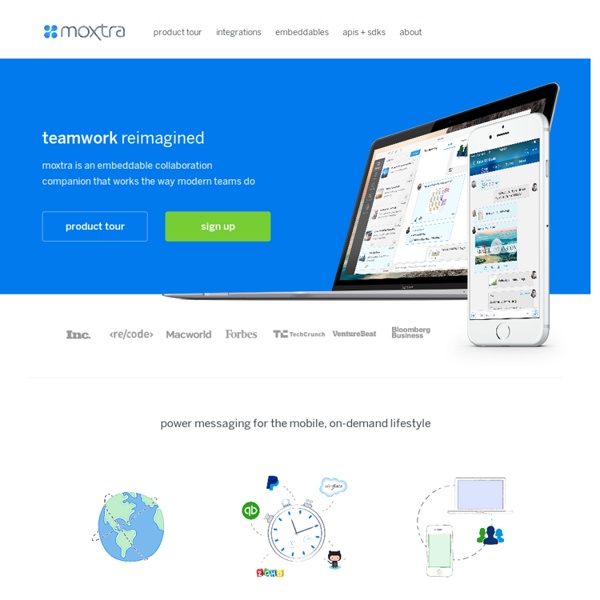Biblioteca
EducaLIM InicioAñadir EnlaceNovedadesMás visitados Buscar Matemáticas [83]
Dropmark® — Organize, collaborate, and share
Used by productive people and teams at: Drag & Drop Drag and drop files right from your desktop or web browser. Your files will be automatically uploaded to the cloud.
Plickers - Clickers, Simplified
A durable, matte-laminated version of ourstandard set is also available for sale on Amazon.com Plickers Card Tips & Frequently Asked Questions Q: Can I use the same card set for multiple classes? A: Yes, you would simply use the same set (or print out multiples of the same set) of cards across the classes. Plickers will let you assign cards to students in each class, so you might have, for example, six #1 cards assigned to six different students.
Convierte audio y vídeo a MP3
Conversor de música en línea Convierte tus ficheros de audio a MP3 en alta calidad con este conversor a MP3 gratuito y en línea. Símplemente sube tu música y descarga el MP3 en un paso. También puedes subir fichero de vídeo y extraer la pista de audio a MP3. Actualmente damos soporte a más de 50 formatos. También puedes extraer audio de un vídeo.
Seafile
Loopster.com - Free Online Video Editor
Spelling & Vocabulary Website: SpellingCity
Stixy: For Flexible Online Creation Collaboration and Sharing
ExamTime
Español
Scribblar - Free Interactive Online Whiteboard
Matemáticas para la vida - La red social para aprender matemáticas



